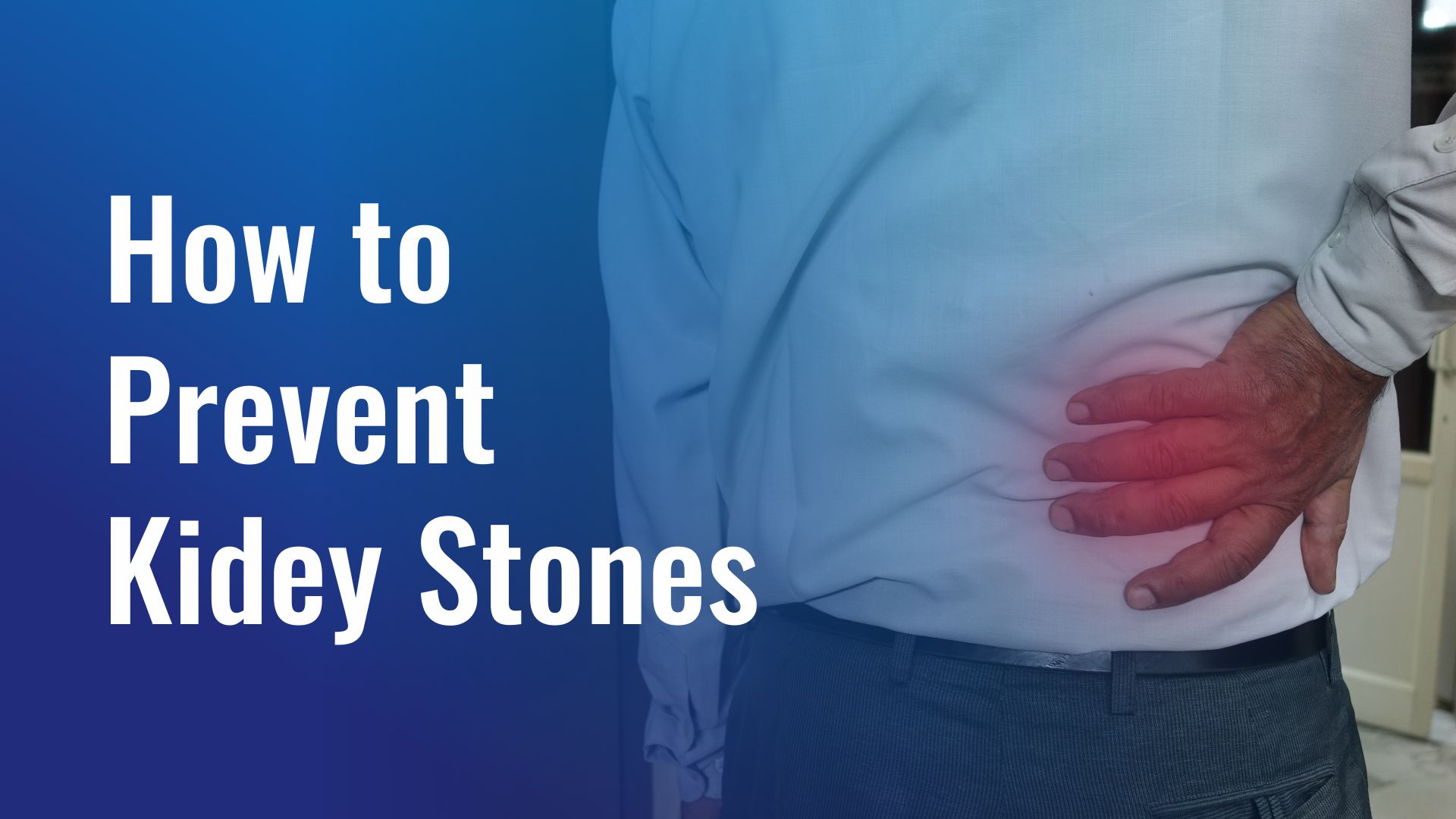By focusing on good hydration and a balanced diet, you can significantly reduce the risk of developing kidney stones.
Good Hydration
One of the most crucial steps to prevent kidney stones is staying well-hydrated. When you drink enough water, your urine becomes more diluted, lowering the concentration of stone-forming substances like calcium, oxalate, and uric acid. Here’s why hydration is key:
Diluted Urine Reduces Stone Formation
Concentrated urine makes it easier for minerals to crystallize, leading to stone formation. By drinking more water, you dilute these minerals, reducing the risk of stones.
Flush Out Crystals Before They Grow
Consistent hydration keeps your urine flowing, flushing out small crystals before they have the chance to become larger stones.
Moderation of Diet : A Balanced Approach to Prevent Kidney Stones
Diet plays a vital role in kidney stone prevention. By being mindful of your intake of certain foods and nutrients, you can effectively manage the risk of stone formation. Here are the key dietary considerations:
- Avoid High-Protein Diets
Diets high in animal protein increase the excretion of calcium, oxalate, and uric acid in the urine, leading to a higher risk of kidney stones. Moderating the intake of red meat, poultry, fish, and eggs is essential to prevent both calcium oxalate and uric acid stones. - Manage Oxalate-Rich Foods
Oxalate is a natural compound found in foods like spinach, beets, nuts, and chocolate. When consumed in excess, oxalate binds with calcium in the urine, forming calcium oxalate stones. While it’s not necessary to eliminate these foods, it’s wise to enjoy them in moderation. - Incorporate Citrate and Magnesium in Your Diet
Citrate and magnesium are both powerful allies in preventing kidney stones. Citrate, found in citrus fruits like lemons and oranges, binds with calcium, preventing stone formation. Magnesium, present in leafy greens and whole grains, reduces oxalate absorption, providing further protection against stones. - Limit Sodium Intake
High sodium levels can increase calcium in the urine, contributing to stone formation. Reducing the intake of processed foods, salty snacks, and fast food can significantly lower your risk of developing kidney stones.
Exercise Regularly
Regular physical activity helps maintain a healthy weight and can further reduce your risk of kidney stones. A balanced lifestyle with both dietary moderation and exercise is crucial for long-term kidney health.
Conclusion
Preventing kidney stones largely comes down to maintaining good hydration, following a balanced diet, and leading an active lifestyle. By moderating your intake of high-risk foods and nutrients, you can minimize the chances of stone formation and ensure your kidneys stay healthy. Remember, prevention is always better than cure!
Frequently Asked Questions (FAQs)
- How does hydration help in preventing kidney stones?
Staying well-hydrated dilutes urine, reducing the concentration of stone-forming substances and helping flush out small crystals before they grow into larger stones. - Why should I avoid a high-protein diet to prevent kidney stones?
Animal proteins can increase the excretion of calcium, oxalate, and uric acid, all of which contribute to kidney stone formation. Moderation is key. - What foods are high in oxalate, and should I avoid them completely?
Oxalate-rich foods include spinach, beets, nuts, and chocolate. While you don’t need to eliminate them entirely, consuming them in moderation is recommended. - How do citrate and magnesium help prevent kidney stones?
Citrate binds with calcium in the urine, reducing the likelihood of stone formation, while magnesium helps reduce oxalate absorption. - Why is it important to limit sodium intake?
Excess sodium increases calcium in the urine, which can lead to kidney stones. Reducing sodium intake can significantly lower this risk. - What types of exercise are good for preventing kidney stones?
Regular moderate physical activity, such as walking, jogging, or yoga, can help maintain a healthy weight and support kidney health. - Can a vegetarian diet help in preventing kidney stones?
A well-balanced vegetarian diet with controlled protein and oxalate intake, along with good hydration, can reduce the risk of kidney stones. - How much water should I drink daily to prevent kidney stones?
Aim should be to drink enough of fluids, depending on your activity level and climate, to produce 2-3 liters of urine daily.


Leave a Reply